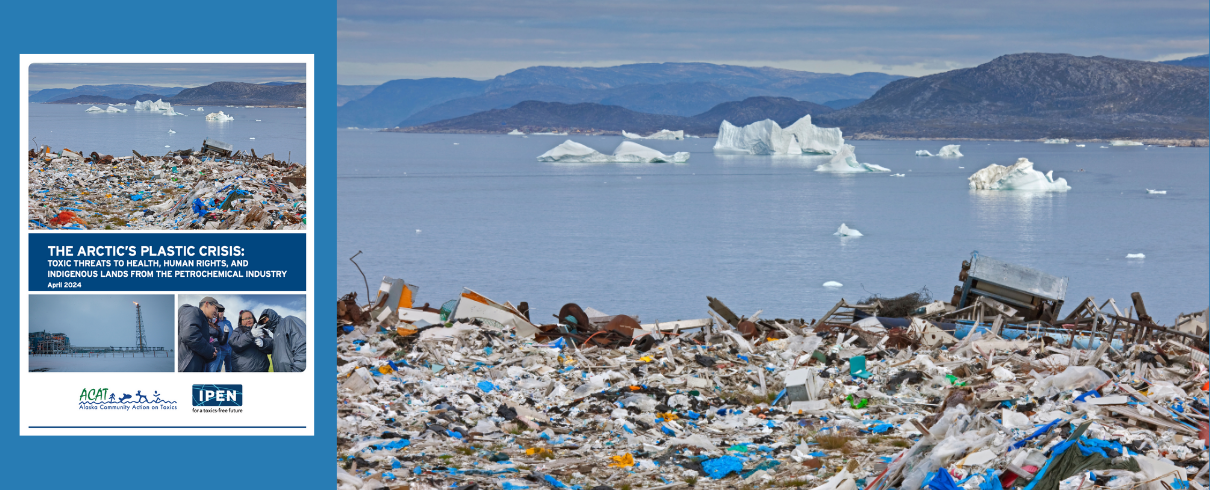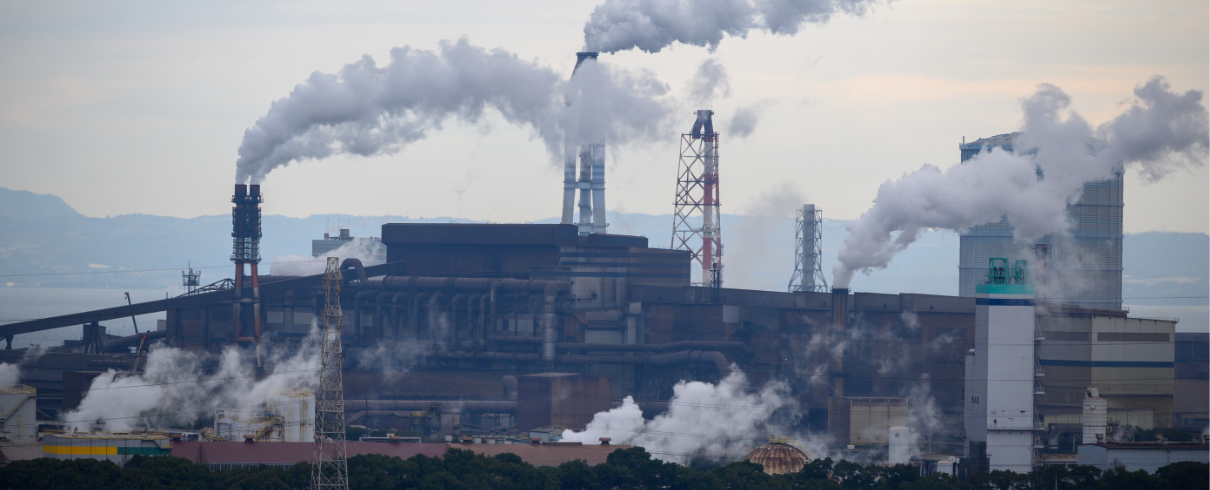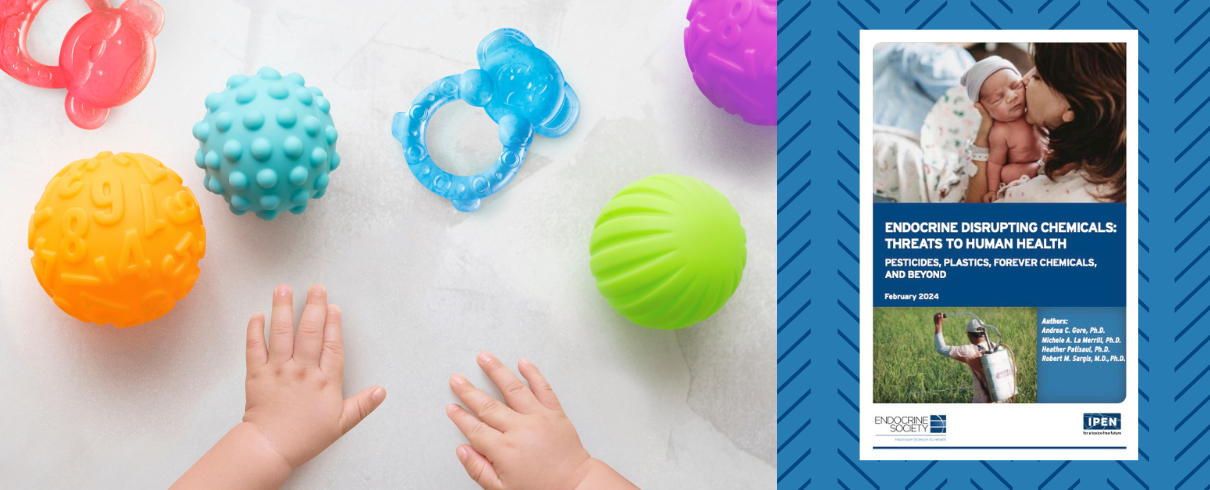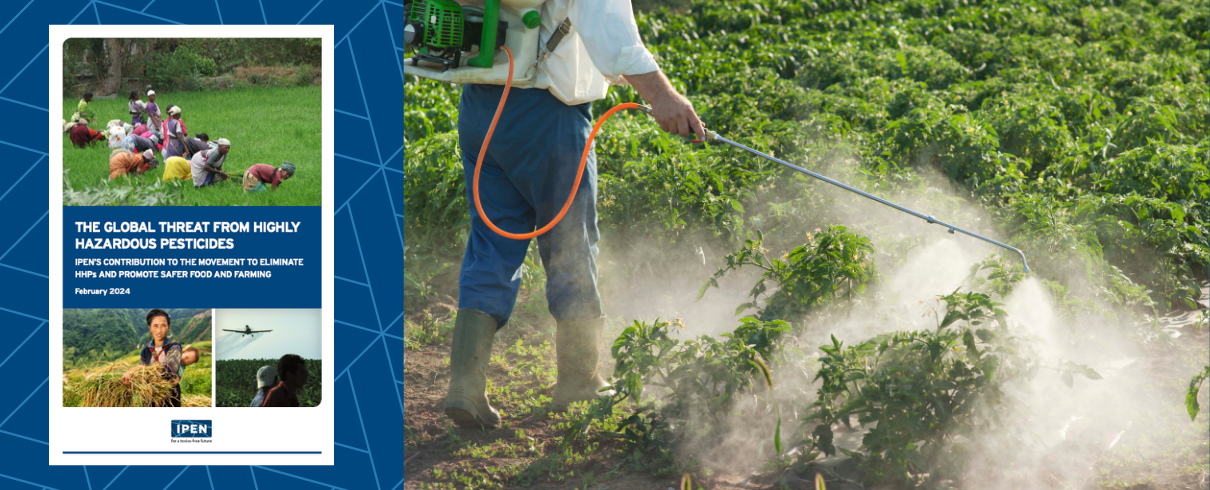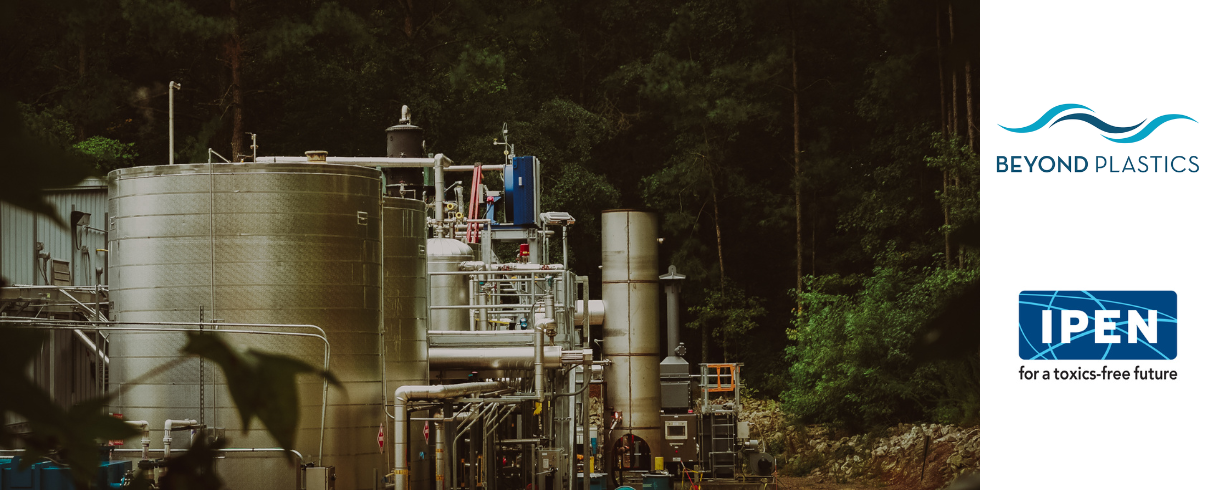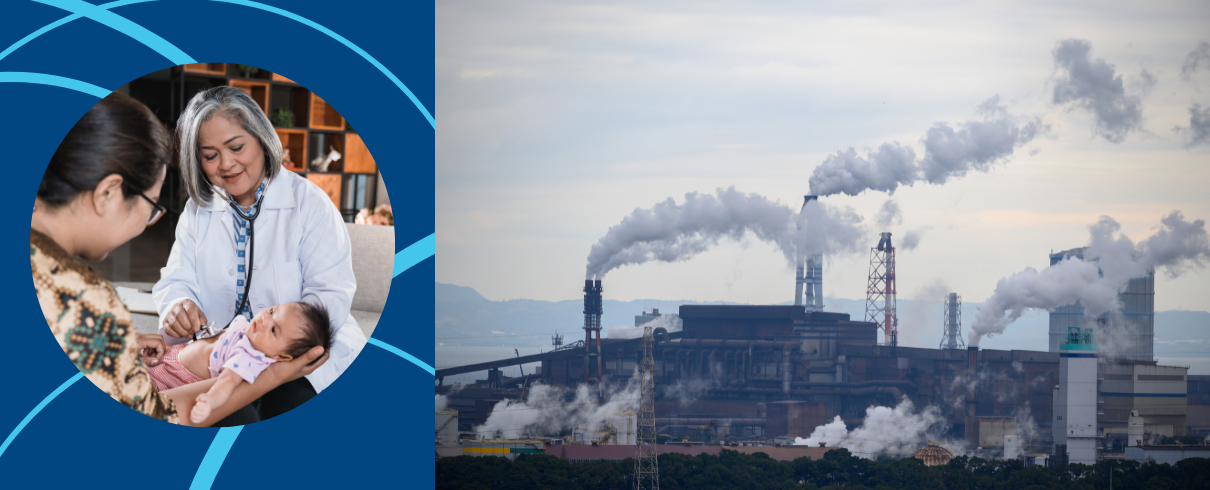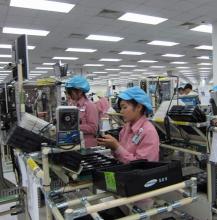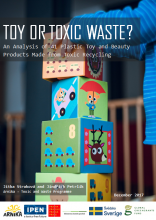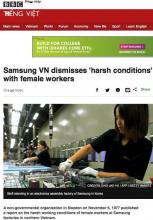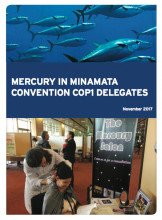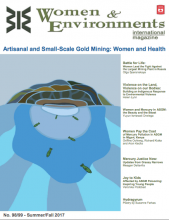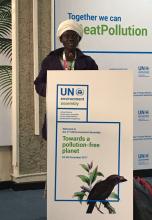Read the executive summary of the report in English
No HazMat for the Holidays:
Children’s Toys and Hair Accessories on the EU Market Contain Toxic Chemicals
(Gotebörg, Sweden) Dangerous levels of toxic industrial chemicals have been found in children’s toys and hair accessories sold in the EU. The Stockholm Convention , a global, legally-binding chemical treaty, allows PBDEs — toxins that are so dangerous they are banned from new production — to enter the recycling stream and end up in the toys in children’s hands. The circular economy, say environmental health researchers, is contaminated by dangerous flame retardant chemicals.
Researchers from Arnika , an environmental health research NGO in the Czech Republic, tested a total of 41 products (16 children’s toys and 31 grooming and hair accessories) for brominated flame retardants, a class of chemicals associated with impacts on nervous system development, thyroid disruption, memory and learning problems, lower IQ, reduced fertility, and other impacts.
